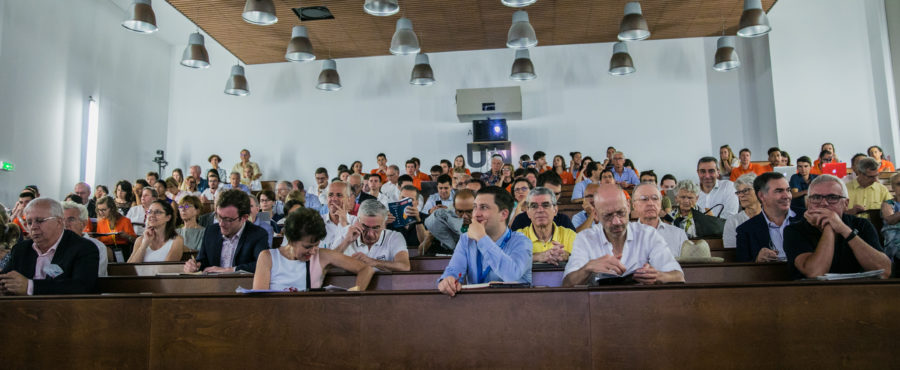7 Jul 2019
Are International Relations now Based on Power?
Session 33

Europe for a while believed that a rule-based world order was gradually emerging. The Cold War was over, rogue states were just a few and international law was gaining credence. In the economic sphere at least, trade, exchange rate and increasingly financial relations were governed by common principles. True, the US remained reluctant to be bound by international law. True, the institutional architecture of globalisation was still far from complete. But the trend seemed clear.
This belief is being shaken by the return of great-power politics, first and foremost by the China-US rivalry that is set to dominate the 21st century. The US under president Trump has become a much more transactional power. China under president Xi does regards the rules-based order as a Western construct of which it has no ownership.
At a time when global interdependence reaches unprecedented levels and when the management of global common has become an overriding priority for the future of mankind, power rivalry threatens to take the world back to the type of adversarial international relations that prevailed in the XIXth century. Is this avoidable? Can major powers find ways to jointly address common challenges? Or is multipolarity bound to destroy global governance? These are the issues that will be discussed in Session 33.
Contributions
Session 33 : ARE INTERNATIONAL RELATIONS NOW BASED ON POWER?
Europe for a while believed that a rules-based order was gradually taking hold of the world. The Cold War was over, rogue states were just a few and international law was gaining credence. In the economic sphere, trade, exchange rate and increasingly financial relations were governed by common principles. Global regulation was making progress. Competition law was being enforced regardless of the nationality of the corporate giants involved. States could be taken to courts.
Download





















































































